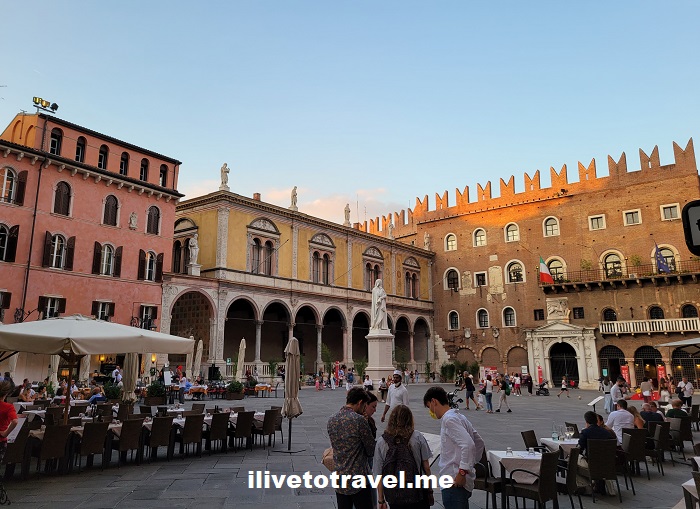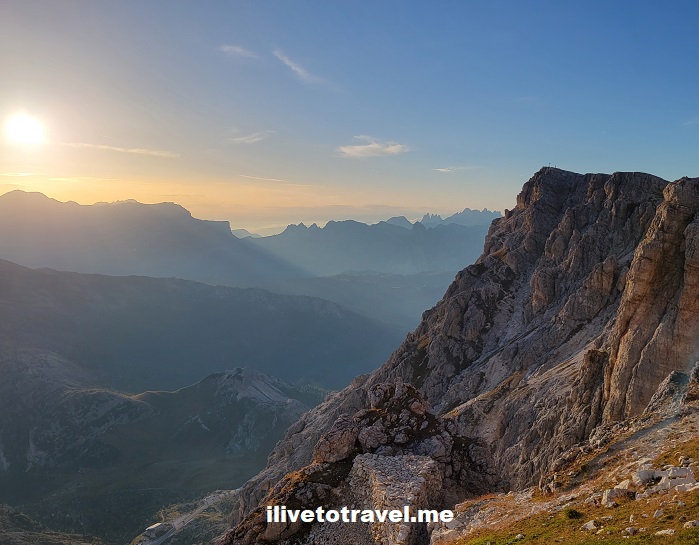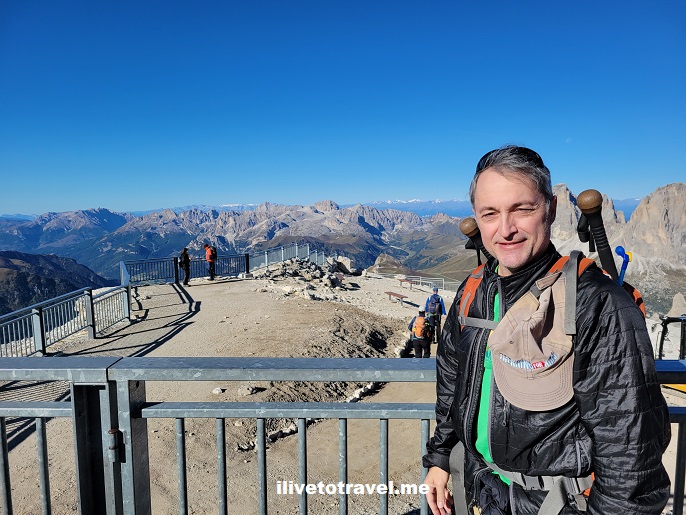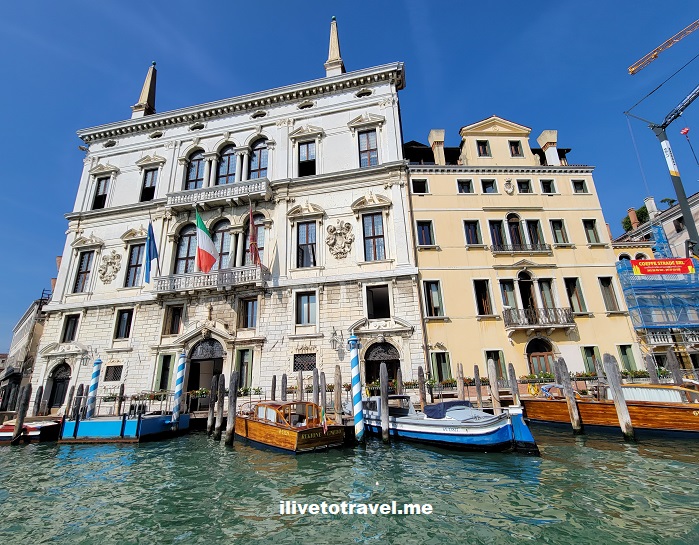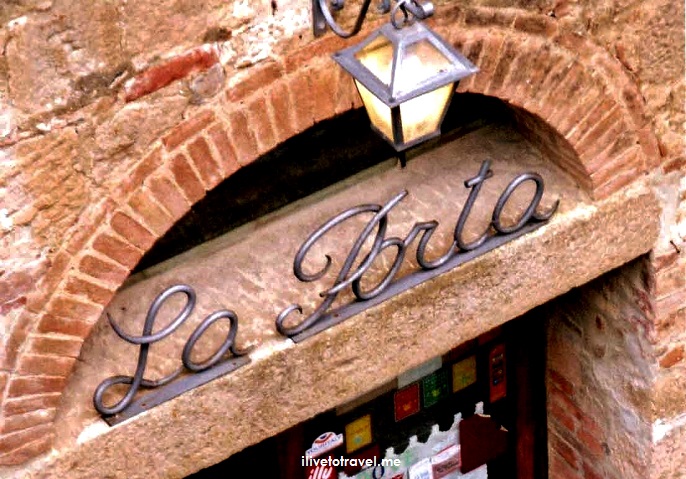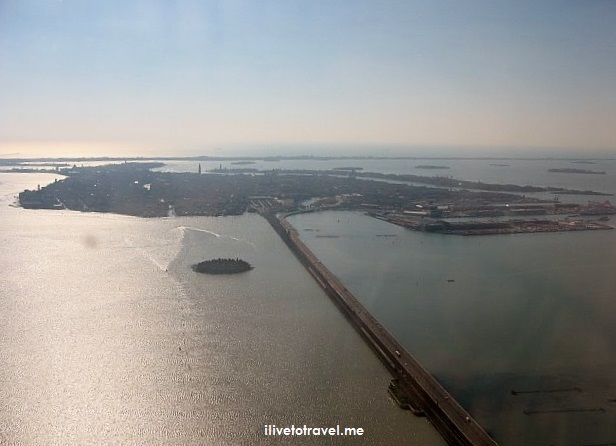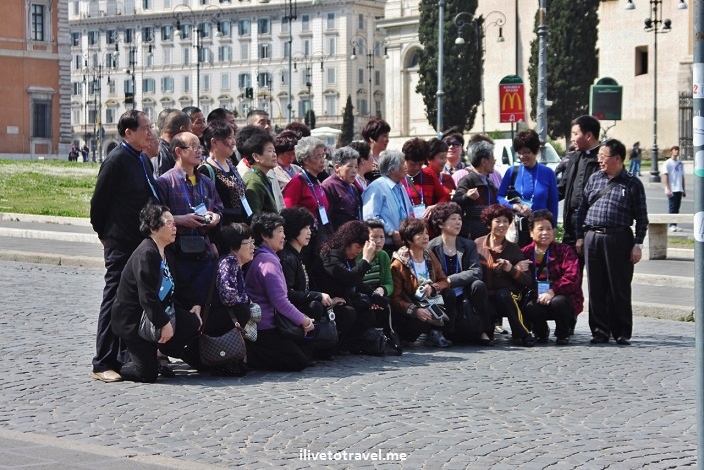Italia
-
A Unique Spot in Verona: Piazza dei Signori
More Details: A Unique Spot in Verona: Piazza dei SignoriThe Piazza dei Signori (or, “Piazza of the Gentlemen”) is right next to the more famous (and impressive) Piazza delle Erbe in the heart of Verona, Italy. It likely earned its name as it is surrounded by important buildings or “palazzos”. It is not as old as the Piazza delle Erbe – and it is…
-
Hiking to the Best Views of the Dolomites: Lagazuoi
More Details: Hiking to the Best Views of the Dolomites: LagazuoiAfter spending a great night at Rifugio Kostner, who could be blamed for not wanting to leave such a cool spot? But, that is the trekking life, not staying in one spot. Destination: Lagazuoi So off we went to get to Lagazuoi, a mountain known as much for WW I history as for its beautiful…
-
A Phenomenal Spot to Chill in the Dolomites
More Details: A Phenomenal Spot to Chill in the DolomitesThe third day of my hike in the Dolomites had me being driven from the Sasso Lungo area to a cable car (funivia) leading to Sass Pordoi. It is a nice way to ease into a hiking day to start with a short drive as, unbeknownst to me, this day was not going to be…
-
Venice’s Splendor Is Best Seen from Its Grand Canal
More Details: Venice’s Splendor Is Best Seen from Its Grand CanalVenice must be one of the most photographed cities in the world and the views from the Grand Canal, the wildly curvy main thoroughfare of the city, are likely the main object of such photos. In this “postcard” post, I will share Venice’s splendor from its great waterway. Many of the buildings along the way…
-
Monticchiello: Charm in the Middle of Tuscany
More Details: Monticchiello: Charm in the Middle of TuscanyA few years ago, in one of my trips to Italy, we spent a few days in Tuscany. We opted to rent apartments in a small mountaintop town called Monticchiello, a charming place, sandwiched between Pienza and Montepulciano (lucky folks!!!). We truly lucked out: the town was quaint, quite small, and its location was central…
-
Photo of the Week: Viewing Venice from my Window Seat
More Details: Photo of the Week: Viewing Venice from my Window SeatVenice, Italy is such a unique place. It is almost out of Disney’s mind. But it is not. It is truly unique and a sight worth seeing once in your life. I have been fortunate not only to have seen it, but to have been there twice. It can be a maddening place with the…
-
Photo of the Week: Two Sides of the Coin
More Details: Photo of the Week: Two Sides of the CoinWhile visiting St. John Lateran in Rome, Italy, I ran into a group of tourists posing in front of the basilica (it is one of the four main basilicas in Rome, along with St. Peter, Santa Maria Maggiore and St. Paul Outside the Walls; however, it is the oldest and actually has the highest rank…
